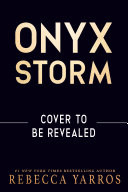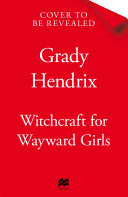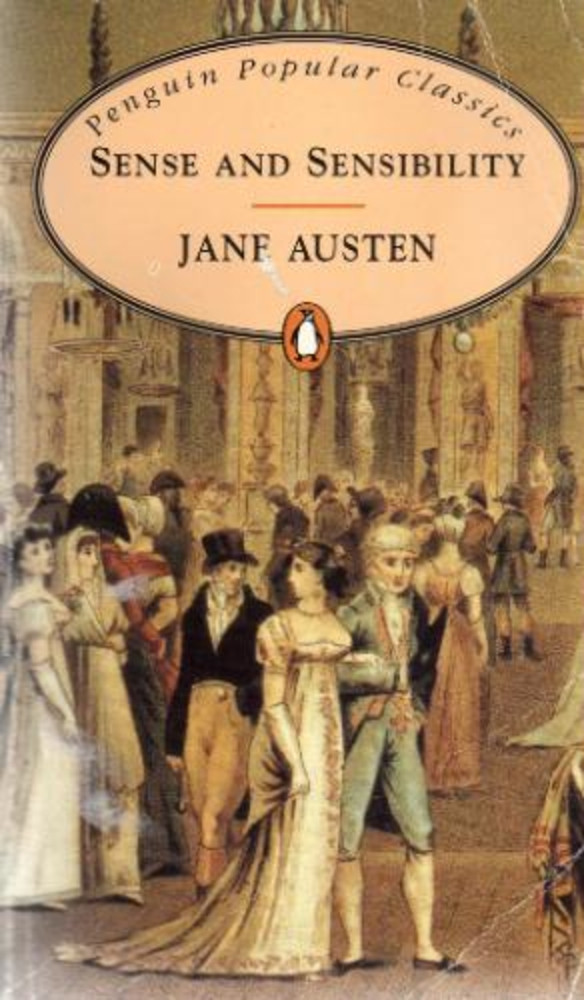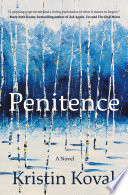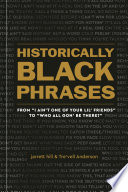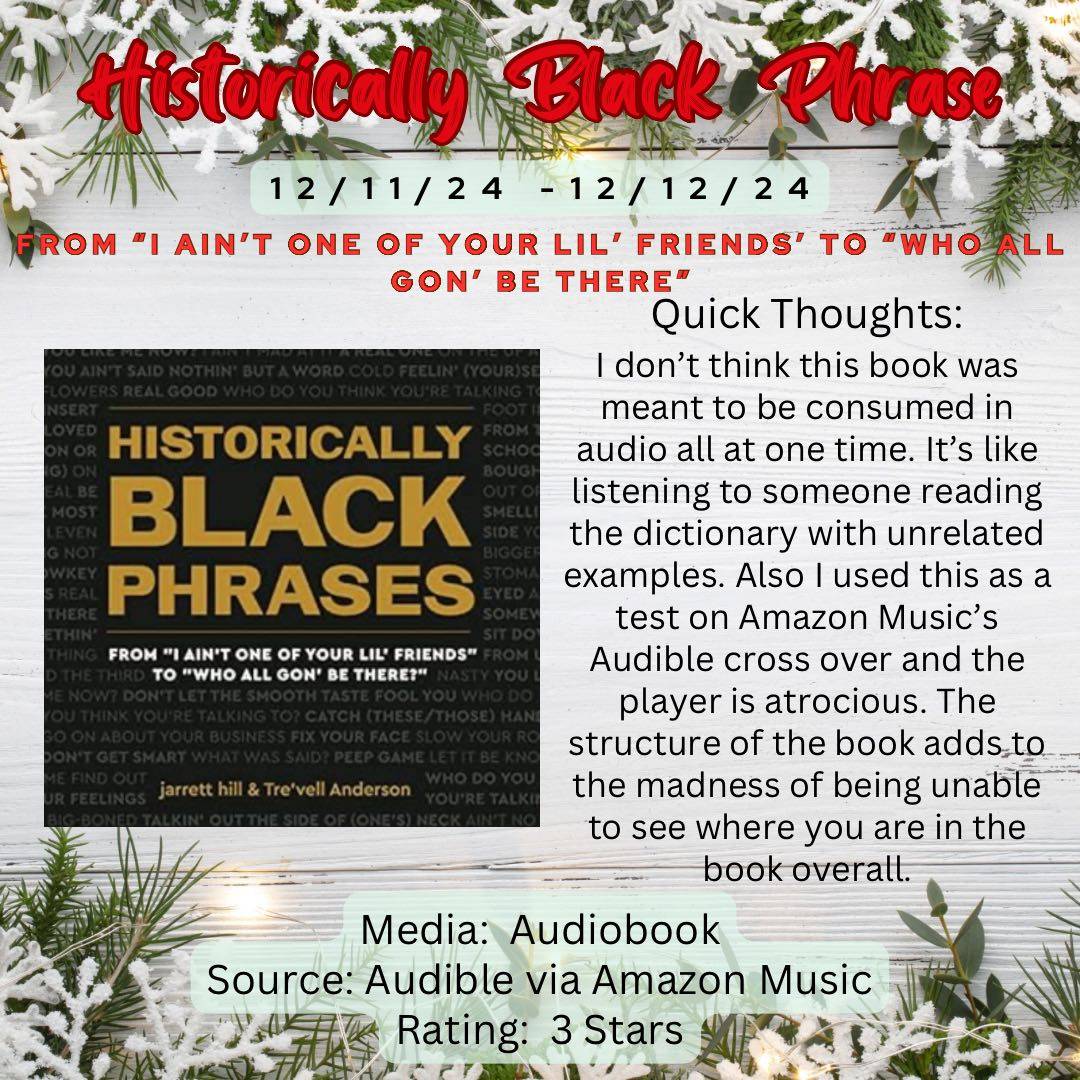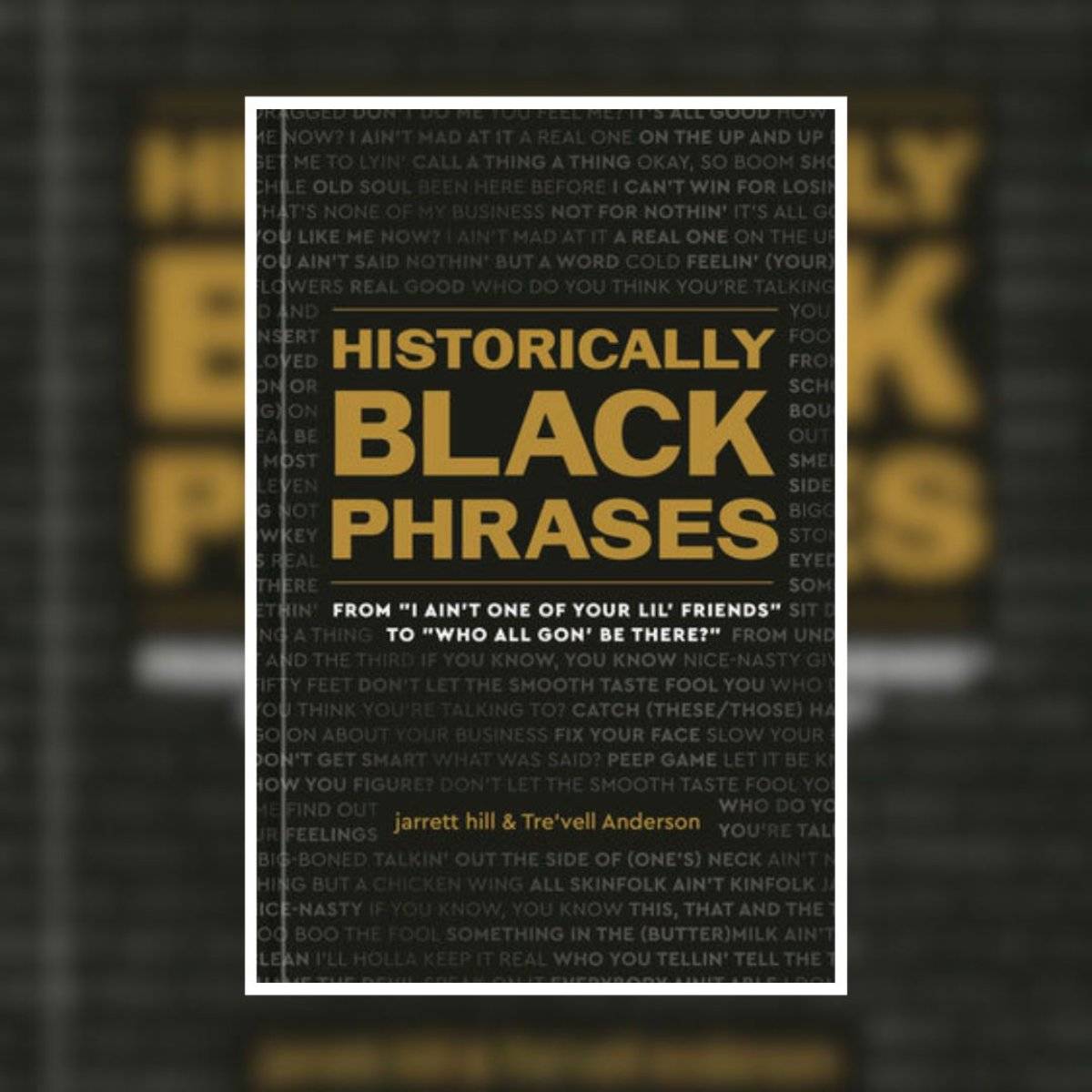20 likes
3.5/5
This is a very interesting look at language used within Black culture. I really appreciated the context that was added to different phrases, and the intersectionality with the language within Black LGBTQIA+ culture. The book also touches on how these phrases have been used within American culture without the underlying cultural context.







